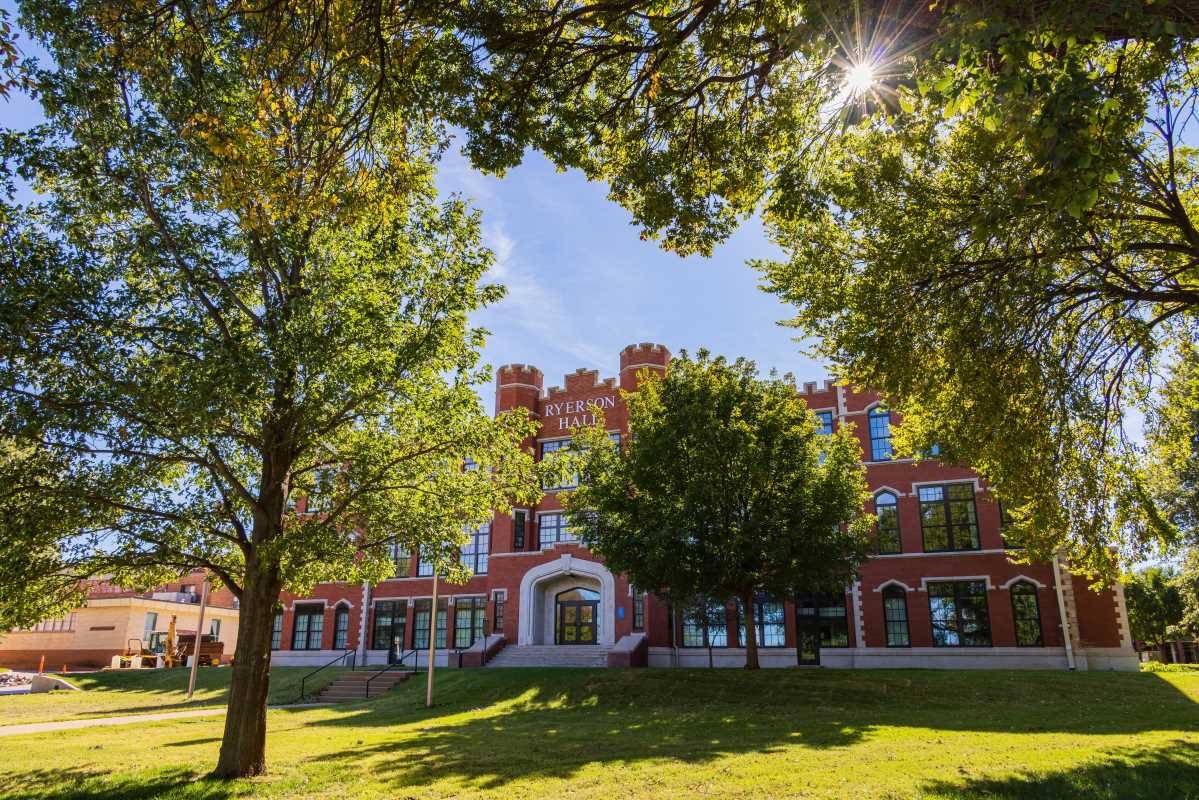The landscape of higher education is continually evolving, and a significant part of that change is the growing number of nontraditional students on our campuses. These students, who often juggle work, family, and other commitments, bring a wealth of life experience to the classroom. As higher education professionals, we play a crucial role in supporting their journey, and a major part of that support is helping them navigate the financial challenges of returning to school.
For many nontraditional students, scholarships are the key that unlocks the door to a degree. Unlike traditional students who often have a straightforward path from high school to college, this diverse group faces unique financial hurdles. They may have dependents, mortgages, or established careers they're pausing to upskill. The good news is that a growing number of organizations recognize these unique circumstances and offer targeted financial aid. Understanding these opportunities allows us to better guide and empower the students we serve.
Understanding the "Nontraditional" Label
Before we dive into specific scholarships, it’s important to clarify what we mean by "nontraditional student." The definition can be broad, but it generally refers to any student who doesn't fit the mold of an 18-year-old who has just graduated from high school.
Common characteristics of nontraditional students include:
- Being over the age of 24
- Delaying college enrollment after high school
- Attending college part-time
- Working full-time while enrolled
- Being financially independent from parents
- Having dependents (e.g., children)
- Being a single parent
- Holding a GED instead of a high school diploma
When advising students, it's helpful to encourage them to embrace this label. Many scholarships are specifically designed for individuals who tick these boxes. By identifying as nontraditional, they gain access to a pool of funding that might otherwise be overlooked.
Top National Scholarships for Nontraditional Students
While local and institutional scholarships are invaluable, several national programs stand out for their commitment to adult learners. Here are some of the best scholarships you can recommend to your nontraditional students.
1. The Jeannette Rankin National Scholar Program
This is one of the most well-known and respected scholarships for nontraditional students. The Jeannette Rankin National Scholar Program provides scholarships to women and nonbinary individuals, ages 35 and older, who are pursuing an undergraduate degree and can demonstrate financial need. The award is not just a one-time check; it’s a renewable source of funding that supports students until they graduate.
What makes it great for your students: The age requirement (35+) specifically targets a mature demographic often excluded from other aid. It focuses on helping those with low income, making a real difference for students who need it most. We can guide our students by highlighting the program's emphasis on their personal story and resilience, which is often a strong point for adult learners.
2. The Adult Students in Scholastic Transition (ASIST) Scholarship
Offered by Executive Women International (EWI), the ASIST Scholarship is designed to help adult students who are facing economic, social, or physical challenges. It's open to individuals at various points in their lives, from those just starting a degree to those re-entering the workforce and needing new skills. The application process often starts at the local EWI chapter level, so it’s a great opportunity for students to connect with a professional network in their community.
How you can help: Advise students to look for their local EWI chapter. The application process can vary slightly by chapter, so encourage them to reach out directly. This scholarship values personal stories of transition and overcoming adversity, so you can assist students in crafting compelling personal essays that reflect their journey.
3. The College JumpStart Scholarship
While not exclusively for nontraditional students, the College JumpStart Scholarship is an excellent option because of its broad eligibility criteria. It's open to high school students, college students, and nontraditional students alike. The award is based on merit and a commitment to personal goals and education. The application requires a short, 250-word essay, making it an accessible option for busy adults.
A tip for advisors: This is a great "starter" scholarship to recommend. Because the application is simple and the essay is short, it’s a low-barrier way for a student to get into the habit of applying for aid. It helps build their confidence and gets them thinking about how to articulate their ambitions.
4. The Unigo $10K Scholarship
Unigo hosts a variety of scholarships with fun, creative prompts, but their main $10K scholarship is a major opportunity. It’s open to students 14 years and older who are legal U.S. residents. The application involves a short written response to a creative question.
Why it works for adult learners: The broad eligibility and creative prompt can be a refreshing change from more traditional, grade-focused applications. Nontraditional students often have unique perspectives and life experiences that can shine in this type of application. We can encourage them to think outside the box and use their unique voice.
Niche Scholarships Your Students Shouldn't Overlook
Beyond the big national awards, many scholarships target specific demographics within the nontraditional student population. Helping students identify these niche opportunities can significantly increase their chances of securing funding.
- For Single Parents: Scholarships like the Soroptimist Live Your Dream Awards and the Patsy Takemoto Mink Education Foundation award are specifically for women who are the primary financial support for their families. These programs often provide significant funding to help mothers achieve their educational goals.
- For Military Veterans and Spouses: The Pat Tillman Foundation offers a prestigious scholarship for service members, veterans, and military spouses. There are also numerous other military-specific scholarships available through organizations like the American Legion and VFW. Your institution’s veterans' resource center is the best place to direct these students.
- For Specific Fields of Study: Many professional organizations offer scholarships to encourage new talent. For example, a student returning to school to study accounting could apply for aid from the American Institute of CPAs. A future teacher might find funding through the American Federation of Teachers. Encourage students to research professional associations related to their desired career path.
How We Can Better Support Nontraditional Students
As professionals in higher education, our role extends beyond simply handing students a list of scholarships. We can provide proactive, tailored support to help them succeed.
1. Demystify the Financial Aid Process: Many adult learners are unfamiliar with terms like FAFSA, EFC, and SAR. Host workshops specifically for nontraditional students to walk them through the financial aid application process from start to finish. Break down the jargon and provide a clear, step-by-step guide.
2. Offer Flexible Advising Hours: Nontraditional students are often working 9-to-5 jobs or caring for children during the day. Offering evening or weekend advising appointments, or even virtual sessions, can make a huge difference. Accessibility is key.
3. Provide Essay and Application Workshops: Writing a personal essay can be daunting, especially for someone who has been out of school for a decade or more. Host workshops focused on storytelling and crafting a compelling narrative. Help students identify the strengths in their life experiences and translate them onto the page.
4. Create an Internal Scholarship Database: Work with your financial aid office to create and maintain a curated list of scholarships specifically for nontraditional students. Include local, institutional, and national awards. Tag them with relevant criteria (e.g., "for single parents," "for students over 40") to make the search easier.
5. Foster a Sense of Community: Nontraditional students can sometimes feel isolated on a campus filled with younger peers. Create networking events or support groups where they can connect with one another. Sharing tips and encouragement can be just as valuable as financial support.
By recognizing the unique needs and strengths of nontraditional students, we can empower them to overcome financial barriers and achieve their academic and professional goals. Their presence enriches our campuses, and it is our responsibility to provide the guidance they need to thrive.
 (Image via
(Image via





